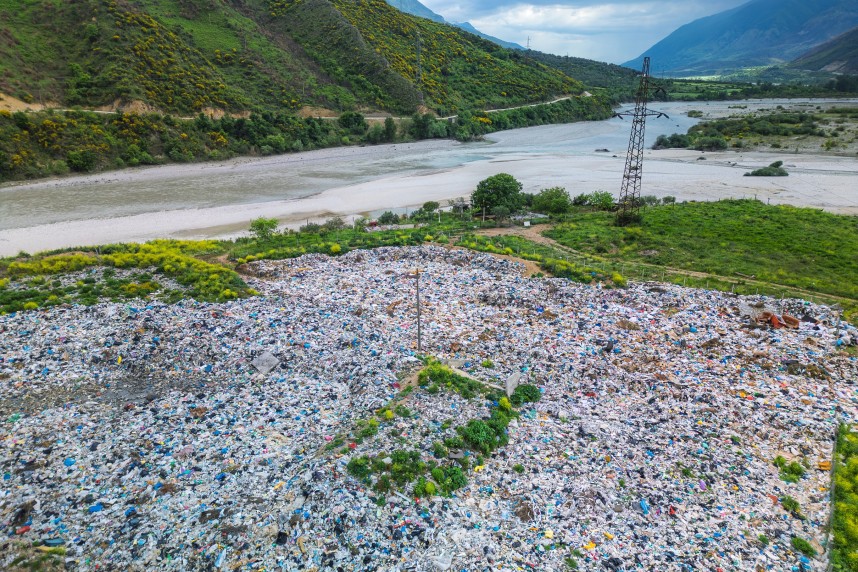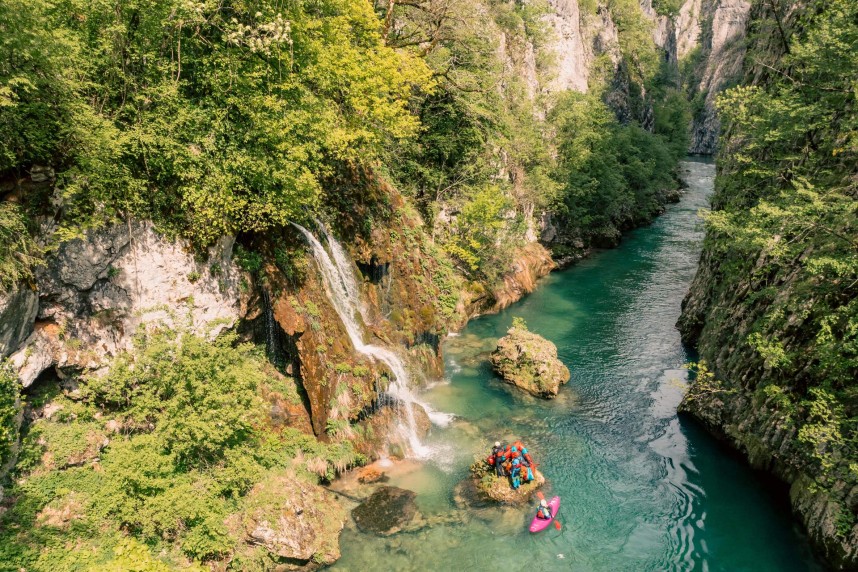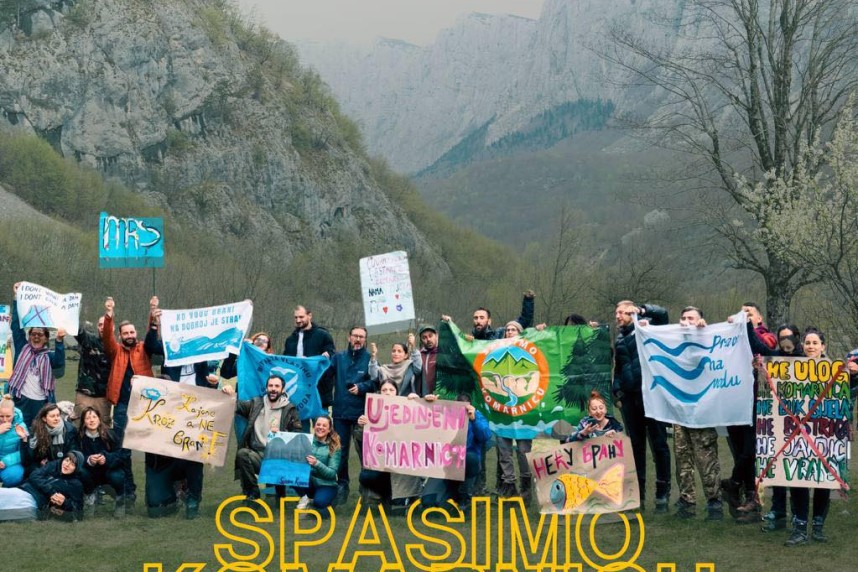
Ecocide on the Neretva: Scientists raise alarm after mass fish die-off
A devastating ecological disaster has struck the upper Neretva River on September 12. Just downstream of the newly built Ulog hydropower plant, local fishermen discovered a 7-kilometer stretch of river filled with dead fish.
 Save the Blue Heart of Europe - A campaign for the protection of Balkan Rivers
Save the Blue Heart of Europe - A campaign for the protection of Balkan Rivers Joshua.D.Lim_m1510_large.jpg)



Riverwatch_m1510_large.jpg)

 Joshua.D.Lim_m1510_large.jpg)

